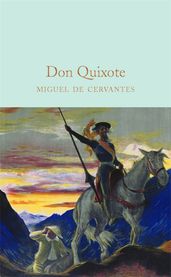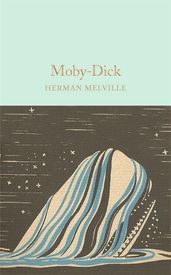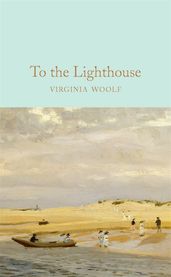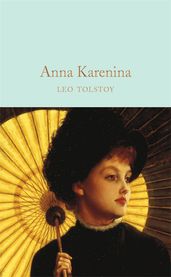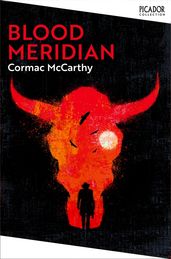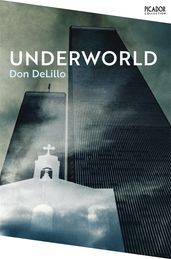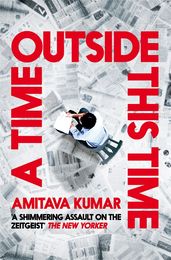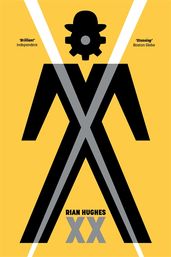The most challenging books you will ever read
A list of demanding yet brilliant books that will challenge you in various ways.

Be warned, within this list are some of the most challenging books you will ever read. Notorious for having complicated language, being so depressing that readers can’t carry on or simply just really, really long, these books are nevertheless celebrated as literary masterpieces. Including both classics and modern titles, trust us when we say each of these books is well worth the effort. So . . . are you ready for a challenge?
Classic challenging reads
Don Quixote
by Miguel de Cervantes
Have you tackled Europe's first 'modern' novel? Don Quixote, a profound yet hilariously tragic tale, charts the quixotic quests of an eccentric knight and his faithful squire in sixteenth-century Spain. With its intricate narrative over 1,000 pages long and satirical take on romantic tropes, Miguel de Cervantes' seminal work may be a demanding one. However, its timeless humor, inventive storytelling, and incisive social commentary ensure that the endeavor is highly rewarding, affirming Don Quixote as an enduring master of literature.
Bleak House
by Charles Dickens
Part tightly plotted murder mystery, part biting condemnation of the corruption at the heart of English society, Bleak House follows the inheritance case of Jarndyce and Jarndyce. The case has been drawn out for generations, and we’re introduced to myriad characters from all walks of life. There’s Esther Summerson, Dickens' feisty heroine; Sir Leicester and Lady Dedlock, cocooned in their stately home in Lincolnshire; and Jo, the penniless crossing sweeper. With some of its 1296 pages narrated in the third person and other parts by the main character, and the entire first chapter essentially being a description of London's fog, Bleak House is not short of challenging literary details.
Moby-Dick
by Herman Melville
With its extraordinary intensity sustained by mischievous irony and moments of exquisite beauty, Moby-Dick is both a great American epic and a profoundly imaginative, yet challenging, literary creation. On board the whaling ship Pequod a crew of wise men and fools, renegades and seeming phantoms is hurled through treacherous seas by crazed Captain Ahab, a man hell-bent on hunting down the mythic White Whale. Herman Melville transforms the little world of the whale ship into a crucible where mankind's fears, faith and frailties are pitted against a relentless fate. With an unconventional structure, experimental styles and long digressions and ruminations from the central character, there is plenty for readers to unpack.
To The Lighthouse
by Virginia Woolf
We all know how important the first page of a book is in drawing you in, but To the Lighthouse really makes you work for it. Written from the perspective of one’s inner voice, you are thrown straight into a blurred mesh of the Ramsay family’s thoughts and actions. Without the aid of frequent punctuation or consistent dialogue to carry you through, you’ll need to employ fierce levels of concentration to distinguish who’s inner monologue you’re in and what time of day it is. It's no easy task; if you look away for one moment, you’re lost. But we promise that you will come away having learnt much about the complexity of human relationships.
Finnegans Wake
by James Joyce
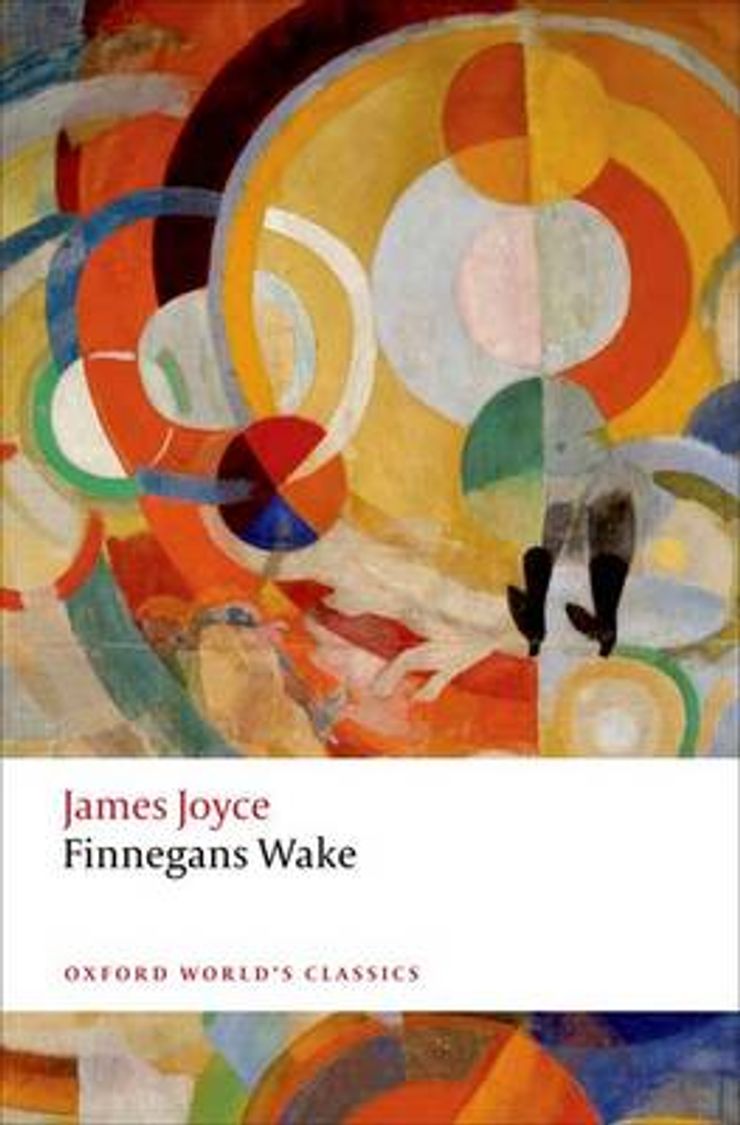
This novel begins in the middle of a sentence (that’s what you’re getting yourself into when you open this book). It then ends in the middle of that same sentence, giving it a circular structure, with a whole load of dreamy, nonsensical language existing in between as a stream of consciousness. So come with the expectation that you won’t be making any sense of this famously incomprehensible novel. You could call the fantastic dream-language playful or you could call it baffling, pick your side! Don’t worry, there’ll be no shame if you admit you cannot understand this book, it's definitely a universal feeling. But you’ll still be left with a triumphant feeling at the end of it, having read perhaps the most challenging novel of all time.
Anna Karenina
by Leo Tolstoy
Sitting at 1,136 pages, Anna Karenina is a novel of astonishing scope and grandeur, and if you're up for the challenge, Tolstoy's grand narrative and complex characters make for an intricate read. Anna, entangled in a consuming affair, battles societal norms in a restrictive Tsarist Russia. When Anna flees her stifling marriage and travels to Italy with dashing Count Vronsky, she finds herself isolated from all except the man she loves, and who loves her. But can they live by love alone? The richness of the text, its mastery of human emotions, and its vivid social panorama reward the dedicated reader. Anna Karenina is a masterpiece of realism and illuminated by irresistible characters from the grand master of Russian literature.
War and Peace
by Leo Tolstoy
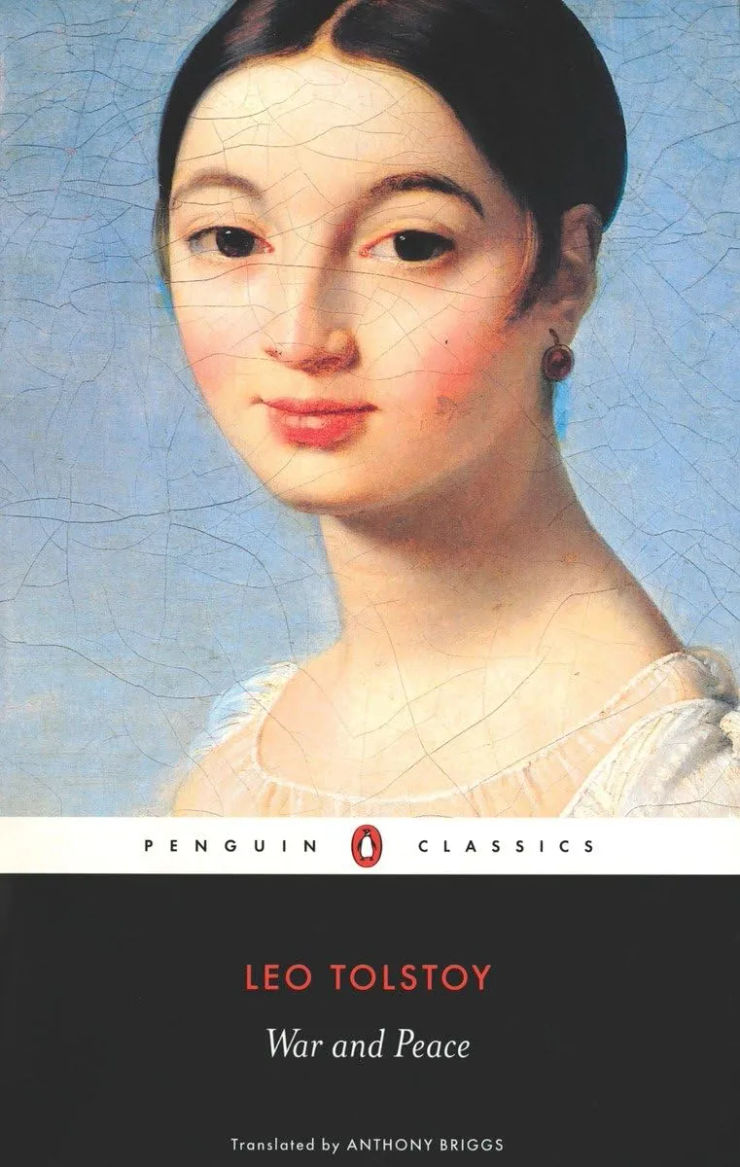
War and Peace begins at a glittering society party in St Petersburg in 1805, where conversations are dominated by the prospect of war. Terror swiftly engulfs the country as Napoleon's army marches on Russia, and the lives of three young people are changed forever. The stories of quixotic Pierre, cynical Andrey and impetuous Natasha interweave with a huge cast, from aristocrats and peasants to soldiers and Napoleon himself. War and Peace is challenging on several levels: there is a long list of characters to follow, historical and political context is important and translations from Russian can sometimes be inexact.
Modern challenging reads
Blood Meridian
by Cormac McCarthy
The story of one teenage runaway in the nineteenth-century American South, Blood Meridian is challenging to read simply because it is so brutally violent. Yet it is also Cormac McCarthy's magnus opus – the work that sealed his reputation as one of the twentieth century's greatest writers. Through the hostile landscape of the Texas–Mexico border wanders the Kid, a fourteen year-old Tennessean who is quickly swept up in the relentless tide of blood. But the apparent chaos is not without its order: while Americans hunt Indians – collecting scalps as their bloody trophies – they too are stalked as prey. This is a book that manages to be both savagely difficult, and savagely beautiful.
A Little Life
by Hanya Yanagihara
If you decide to pick up A Little Life, get ready to be emotionally challenged. At the centre of the story is Jude, a victim of unresolved trauma of which Hanya Yanagihara spares us no mercy in revealing. There are explicit moments of self-harm, addiction and abuse on Jude’s journey, and despite a sprinkling of compassion from his bittersweet friendships with Willem, Malcolm and JB, he never finds relief from this suffering. If you manage to appreciate this novel’s painful honesty and brutal display of human endurance, you’ll become emotionally invested in these characters who will remain in your heart forever. A strong contender for one of the most addictively depressing books you’ll ever read, prepare for a gut-punch on each of its 752 pages of beautifully explored misery.
Underworld
by Don DeLillo
If you didn’t know much about American history in the eventful second half of the 20th century, you will after reading this. Spanning from the 1950s through to the 1990s in a non-linear fashion, Underworld is an 832 page panoramic vision of America. We weave in and out of a number of intertwined themes, including baseball, waste disposal, guns and the Cold War. But what also challenges us is its exhausting roster of disparate characters, as we dip into each of their respective lives while they search for meaning. Despite this being a beast of a book, it’ll reward the most patient of readers with its remarkable awe-inspiring story.
A Time Outside This Time
by Amitava Kumar
A Time Outside This Time delves into the tumultuous landscape of memory, politics, and the blurring boundaries of truth in a digital age. With components like a globally impactful pandemic, a politically polarised climate, and the ceaseless churn of the news cycle, it presents a nuanced web to unpick. As reality and fabrication intertwine, this provocative novel might pose a demanding exploration. However, braving through its complexities rewards readers with a profound reflection of our post-truth era, making it a consequential read that resonates strikingly with current times.
XX
by Rian Hughes
The battle for your mind has already begun, figuratively, and quite literally. When AI expert Jack Fenwick tries to decode a mysterious signal, he finds a complex alien network from an interstellar civilization. What follows is a fictional battle to protect human minds, whilst in reality our minds as readers are in battle with the text on the page. Wrapping stories within stories, as well as featuring NASA transcripts, newspaper articles, artwork and Wikipedia pages, you could call this novel the Moby-Dick of sci-fi (but even longer). If you do manage to decipher the narrative, you’ll enjoy a story of what might happen in the wake of the biggest scientific discovery in human history.
Dune
by Frank Herbert
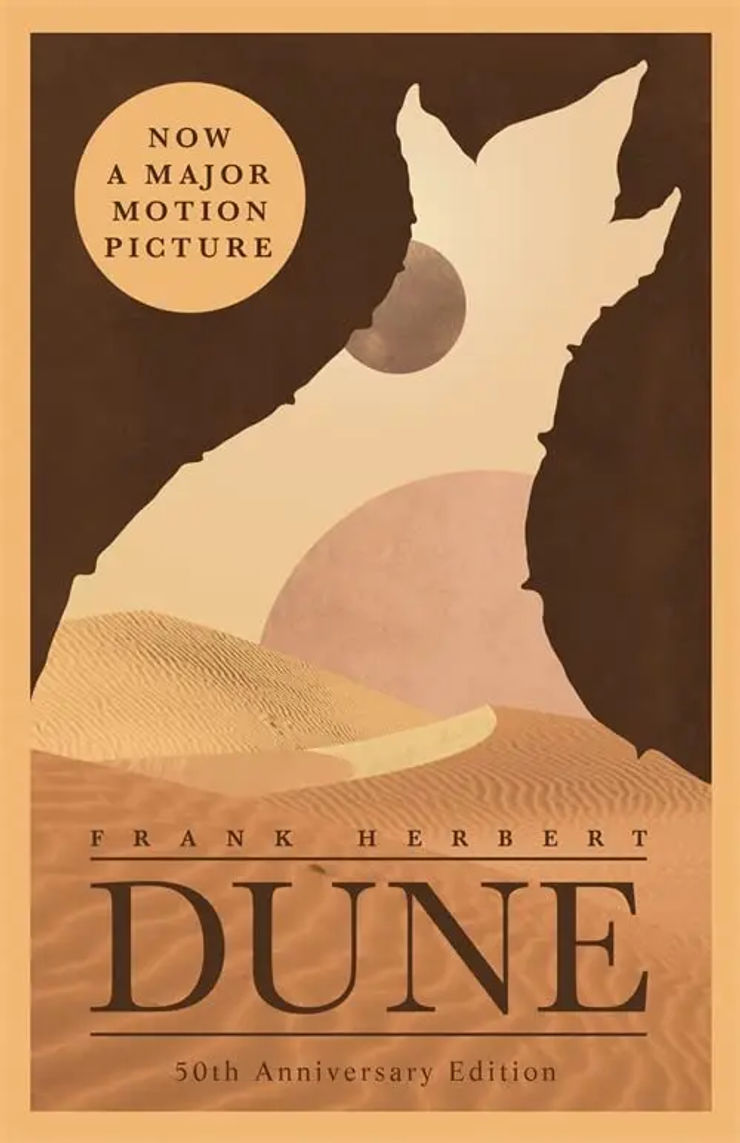
Before The Matrix, before Star Wars, before Ender's Game and Neuromancer, there was Dune – widely considered one of the greatest, and most difficult, sci-fi novels ever written. Melange, or 'spice', is the most valuable – and rarest – element in the universe. And it can only be found on a single planet: the inhospitable desert world Arrakis. Whoever controls Arrakis controls the spice. And whoever controls the spice controls the universe. It is a dense read, not just in length, but because Herbert throws the reader in without much context, leaving us to unravel the Arrakis universe for ourselves.
